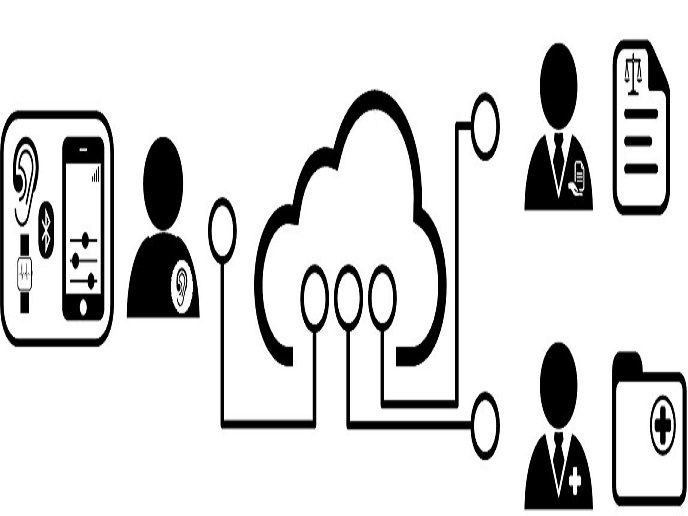Patient data analysis guides hearing loss policies for hearing aids of the future
At present, the key intervention against hearing loss is hearing aids. Yet, despite growing evidence that hearing aids provide health benefits, the treatment is often considered costly. Thus, there is a need for increased integration of scientific evidence into policy making in this field
A data analytics platform for policy making
The EU-funded EVOTION(opens in new window) project developed a platform for analysing patient data and transforming it into evidence for future public health policies related to hearing. The project was designed to bring together public health policy organisations, experts and authorities in an integrated manner to support the formation of the targeted policies. “Our goal was to provide evidence for the formulation of health policies for the holistic management of hearing loss related to the prevention, early diagnosis, treatment, and rehabilitation,” explains project coordinator Niels Pontoppidan. The tools incorporated in the EVOTION platform(opens in new window) collect data from project hearing aids and wearable biosensors through the application. The platform has the capacity to transform data from these hearing devices (usage and noise), clinical health records including medication, societal data as well as everyday lifestyle, behavioural and environmental information. The tools also use retrospective and current patient data from existing clinical repositories as well as dynamic data from 1 000 hearing-impaired citizens monitored in Greece and the United Kingdom. The participants can self-manage their hearing solution and perform hearing tests and auditory training. “Having all these elements into the project from the very beginning ensured that participation would feel worthwhile and that the platform design can address citizen needs,” emphasises Pontoppidan.
Novel insight into the use of hearing aids
Patient data analysed in the EVOTION platform generated interesting results(opens in new window) such as the increased use of hearing aids in the evening in noisy environments. Moreover, noise simulation tools indicated that public transport could cause hearing problems and possibly should be regulated like leisure and work environments. Loud noises, like speed, also seem to affect the cardiovascular system which directly responds with increasing pulse within minutes. Collectively, these results led to the first publicly funded administration of hearing aids in Greece.
EVOTION impact and prospects
Hearing loss prevalence is expected to increase in the near future given the high exposure to noise and the rise in the ageing population. The EVOTION platform, by seamlessly collecting Big Data, successfully demonstrated that the combination of everyday, clinical, and societal information enables the establishment of new public health policies. Using this data, policy makers can perform effectiveness and cost-benefit analysis towards improved patient care. From a patient perspective, the ability to self-manage their hearing aid settings gives them much needed personalisation options. Furthermore, the EVOTION data can be exploited by hearing health care professionals to characterise patient needs and optimise hearing loss treatments. According to Pontoppidan immediate plans include “the establishment of a non-profit organisation that can store and analyse large amounts of health data with the tools and services developed in EVOTION.” Further funding will help to extend the application of the EVOTION platform in other healthcare sectors where collection of patient data through wearables can help shape future policies.







